The associate professor of chemistry has been awarded a $320,854 grant from the National Science Foundation to merge computational strategies with chemistry lab experiments to determine protein structures.
-
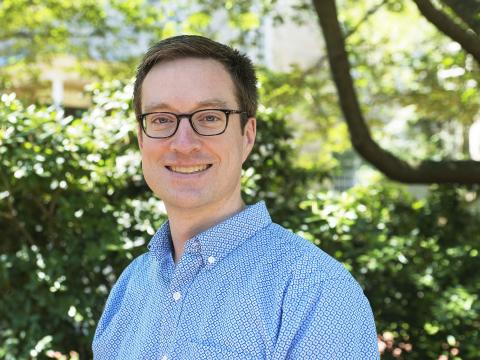
-
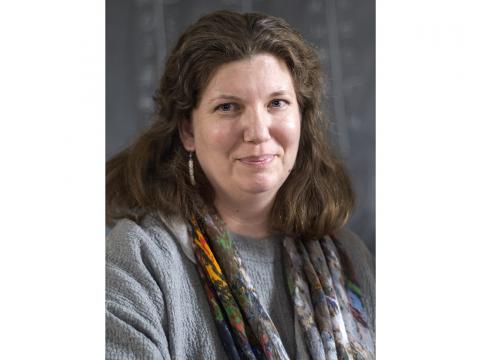
The award, which is sponsored by the Swearer Center at Brown University in partnership with the Coalition of Urban and Metropolitan Universities, recognizes early-career and pre-tenure faculty for connecting their teaching, research, and service to community engagement.
-
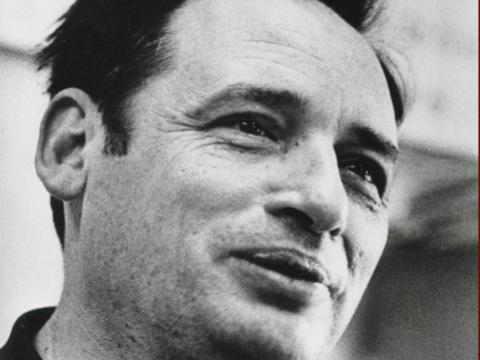
Colin MacKay, professor emeritus of chemistry, died Tuesday, August 28, at his home in Bryn Mawr.
-
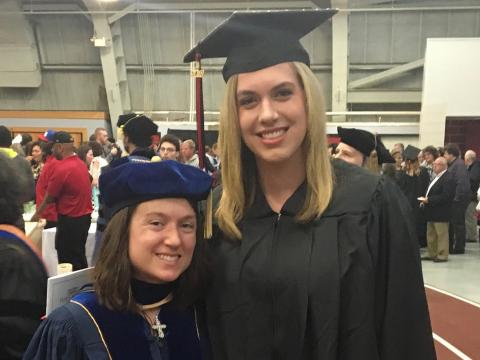
The economics major and her thesis advisor collaborated to publish a portion of Wetzel’s thesis research in peer-reviewed journal Economics Letters.
-
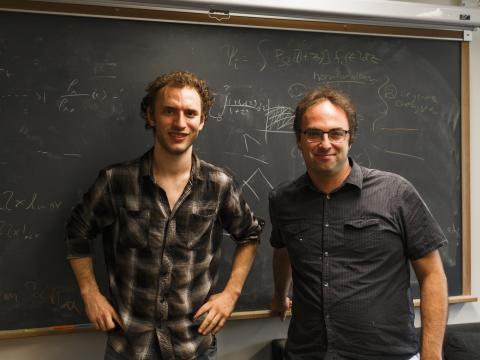
Worth nearly half a million dollars, the grant will fund new research, conducted on Haverford and Swarthmore’s campuses, into the physics of dark matter and dark energy.
-
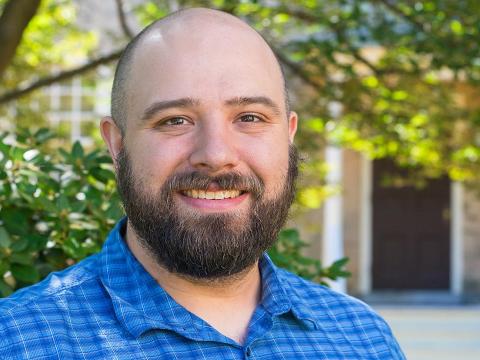
The Assistant Professor of Physics was awarded a $55,000 grant to investigate the microscopic origins of the transition between two types of sedimentary dynamics.
-
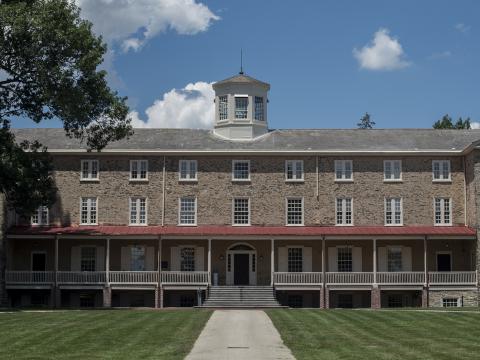
The College was selected from more than 300 grant proposals to fund three interrelated initiatives to create a more egalitarian learning community that supports students of color and culturally sustaining pedagogical practices.
-
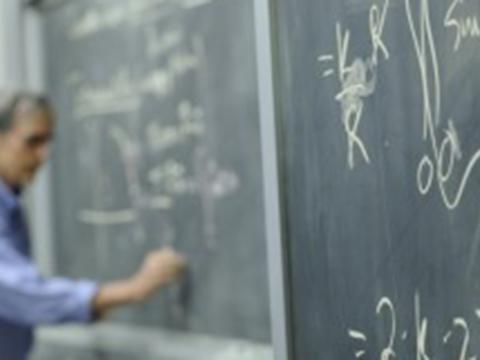
Highlighting faculty professional activities, including conferences, exhibitions, performances, awards, and publications.
-
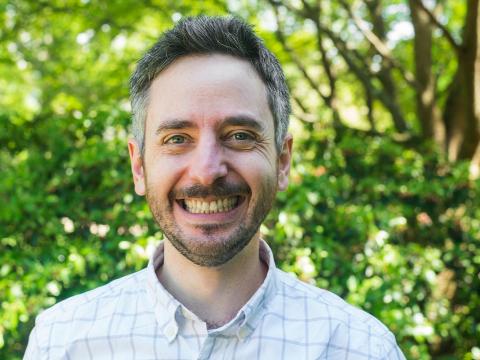
The Associate Professor of Biology and Environmental Studies and his collaborators at the Smithsonian Institution were awarded $782,932 to uncover how plant life responded to changes in atmospheric carbon dioxide concentration millions of years ago.
-
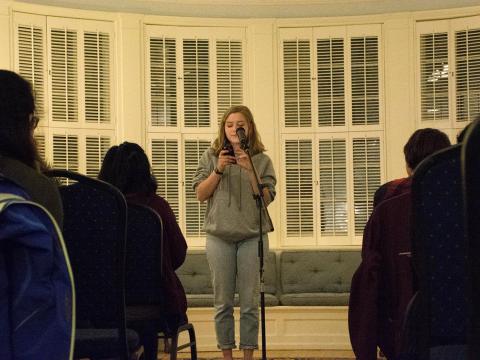
Bi-Co students shared stories and poems at the “Crossing Borders” event, which showcased stories and poems created in workshops as well as open-mic performances.
-
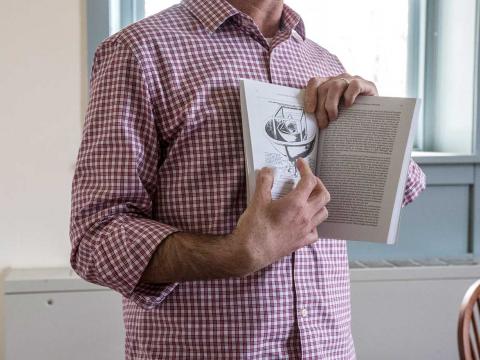
This course, which explores the revolution in the sciences that occurred between 1500 and 1750, seeks to understand how and why certain people began to investigate the natural world in new ways and how they convinced other people that their new ways were better.
-
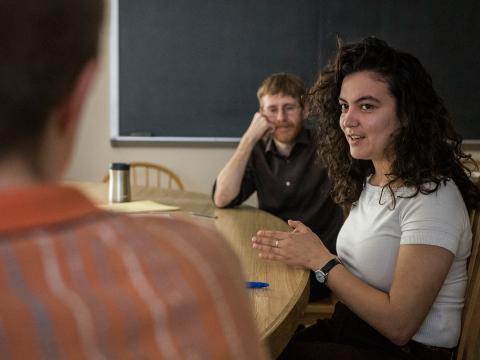
This intensive political science research seminar engages debates about capitalism and examines efforts to create alternatives.
-

This course explores the role of food in religious beliefs and practices, including the role of food in religious rituals, the connection between religious foodways and religious identities, and the ethics of food production and consumption.
-

The course, which covers the design, evaluation, and implementation of interactive computing systems, explores how design decisions can impact access to computing and technology.
-

The ninth installment of the film series focused on contemporary social justice concerns and included a live performance for the first time.